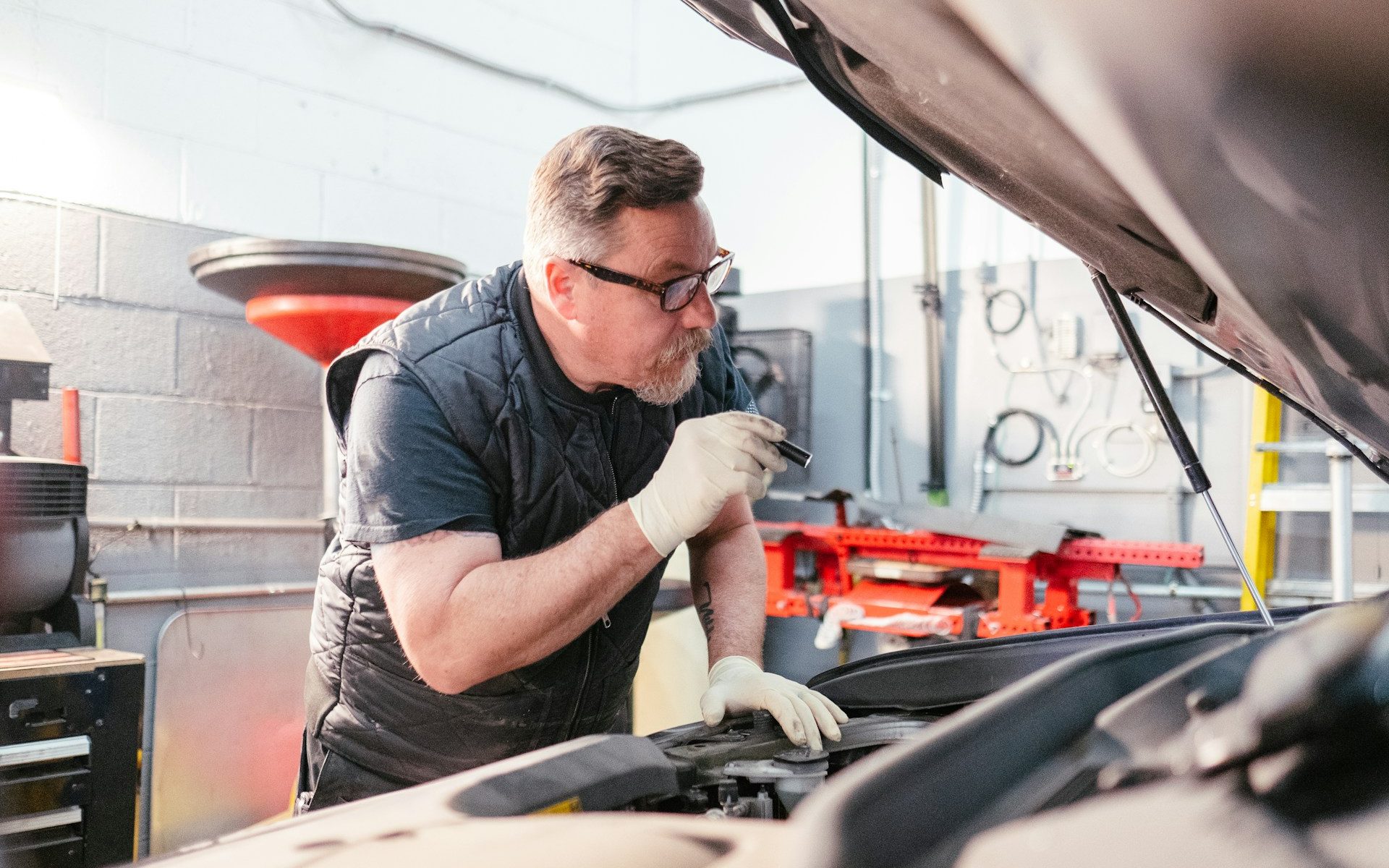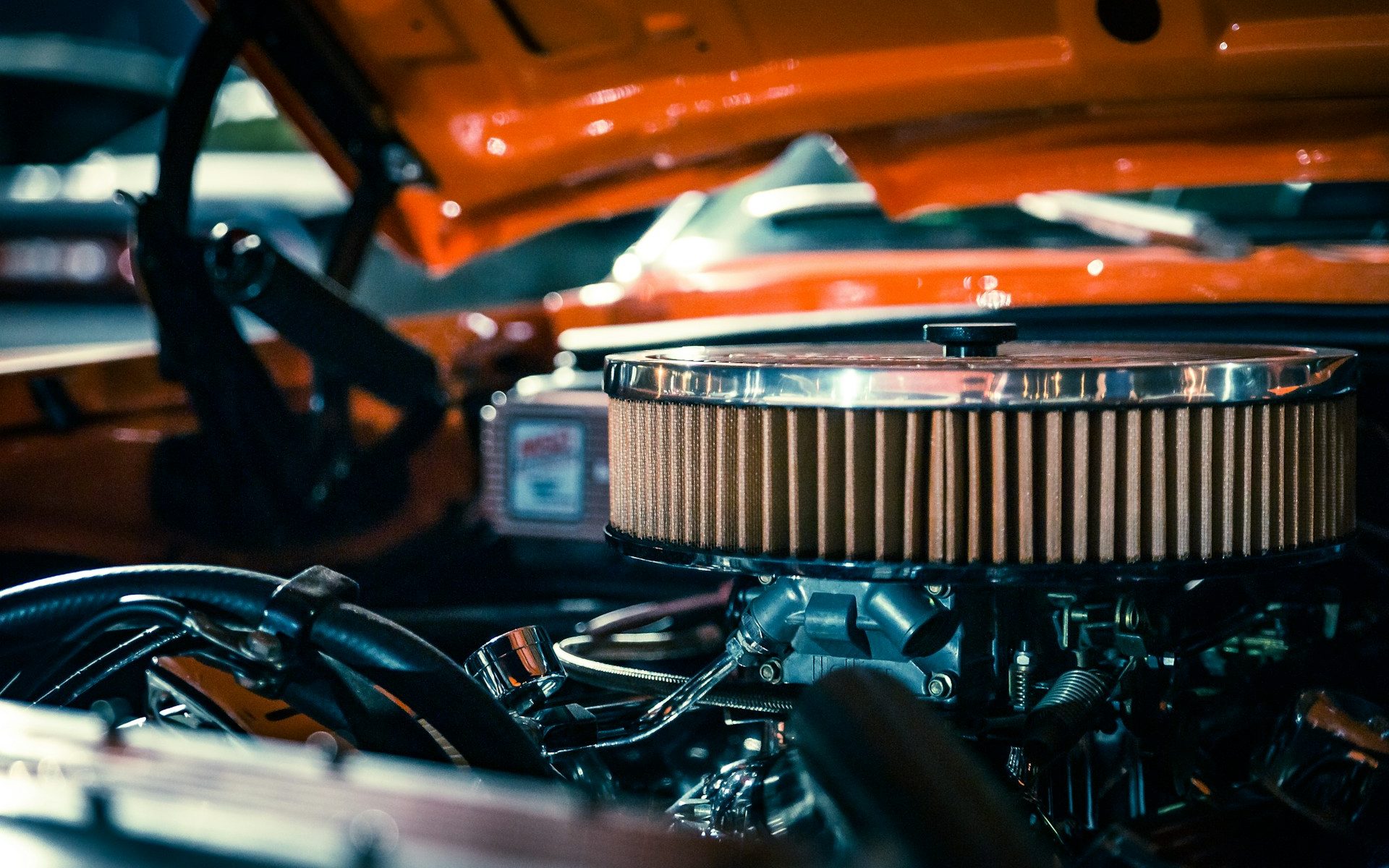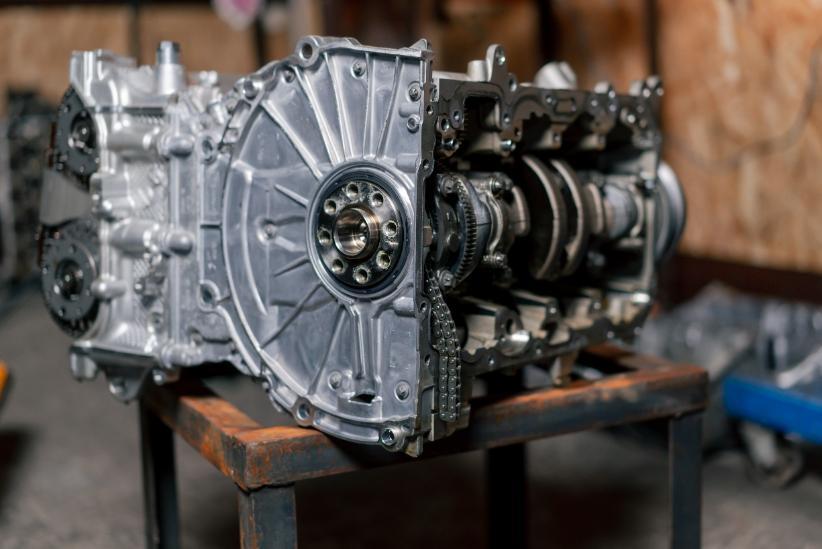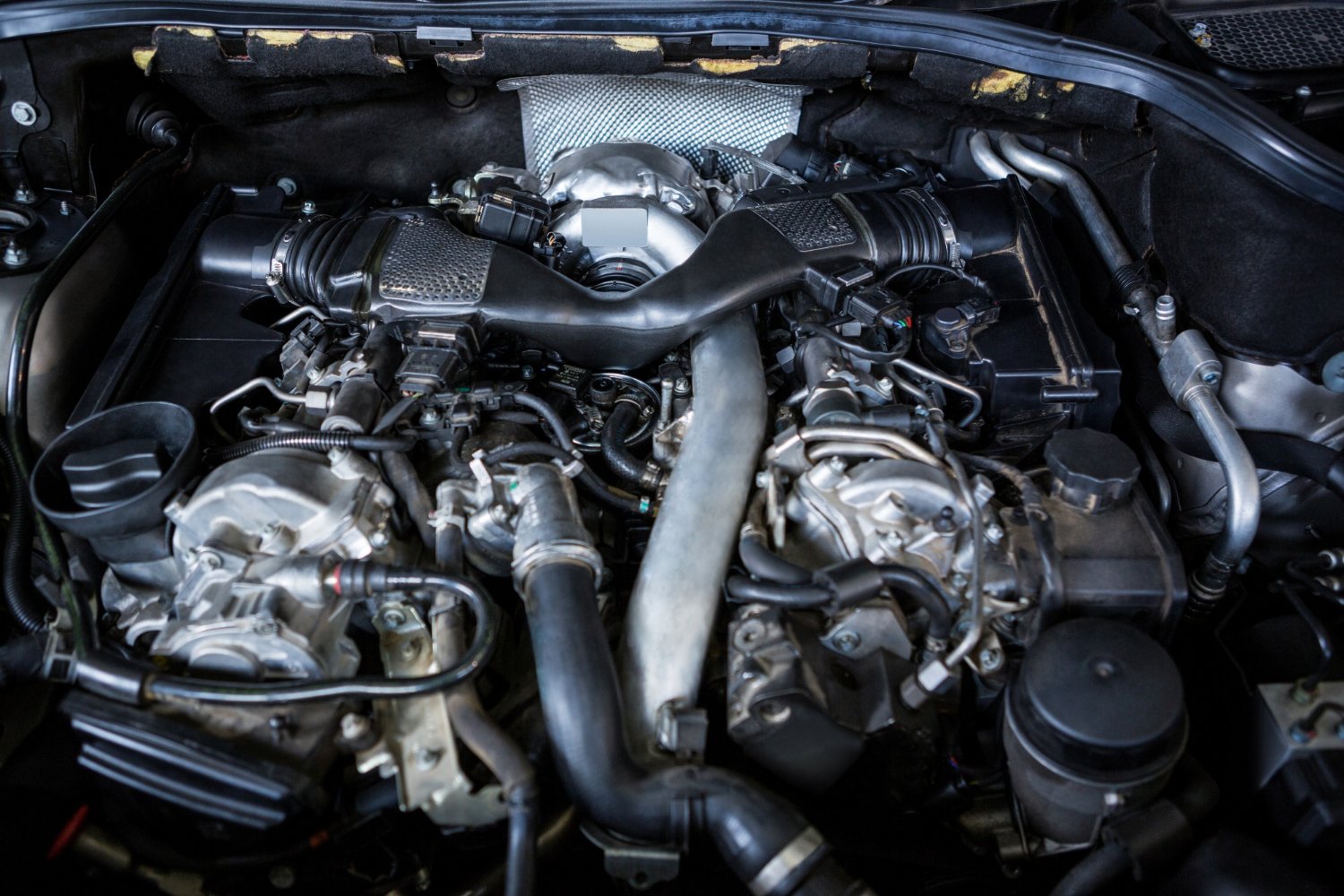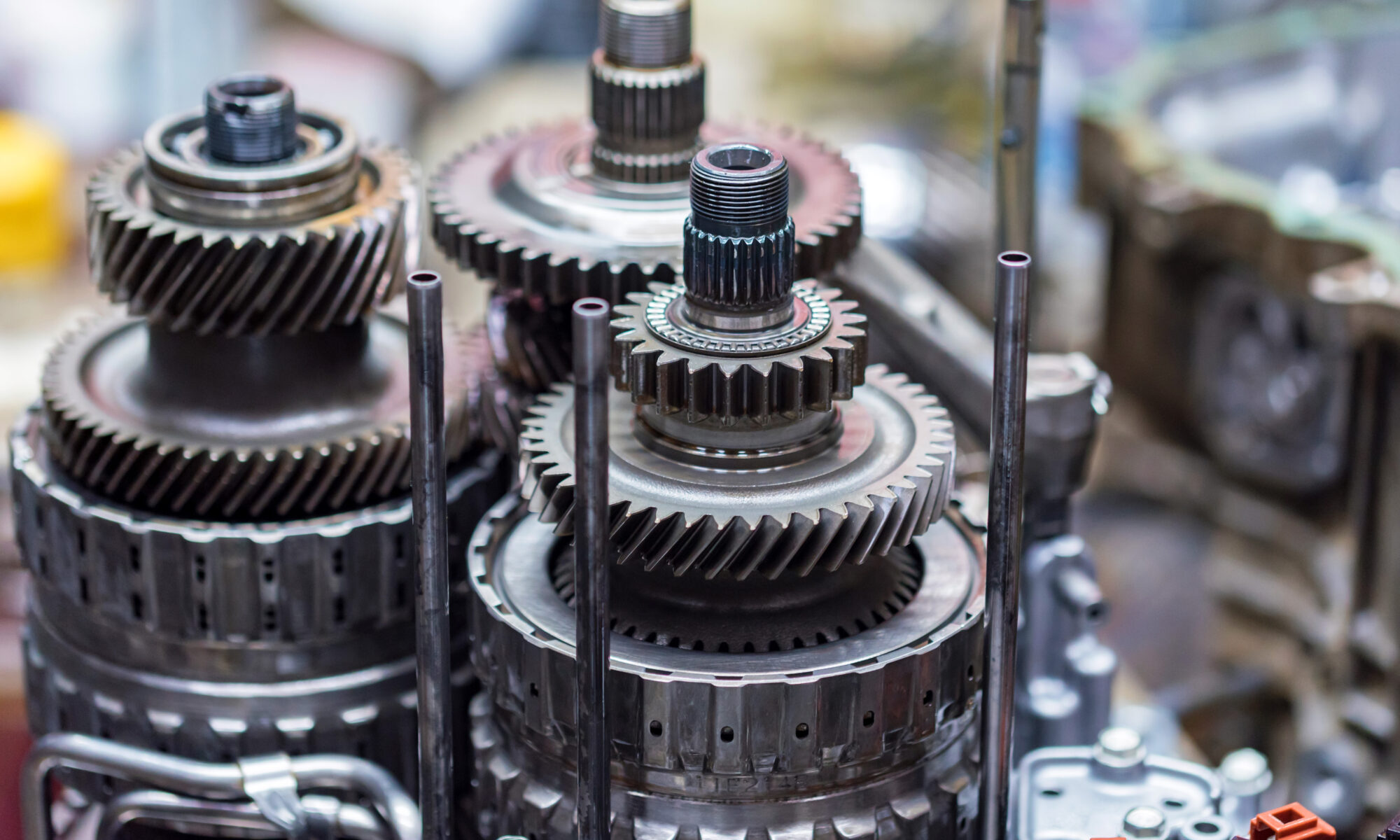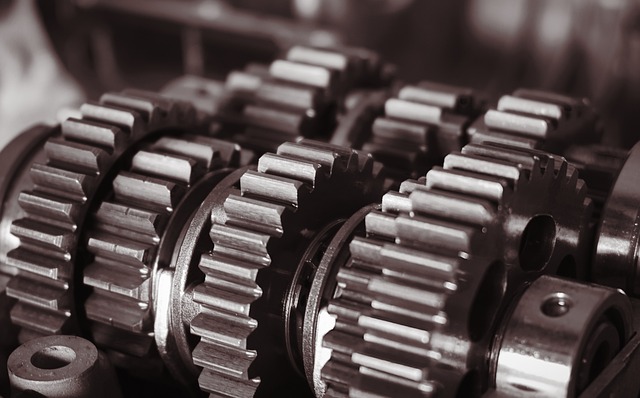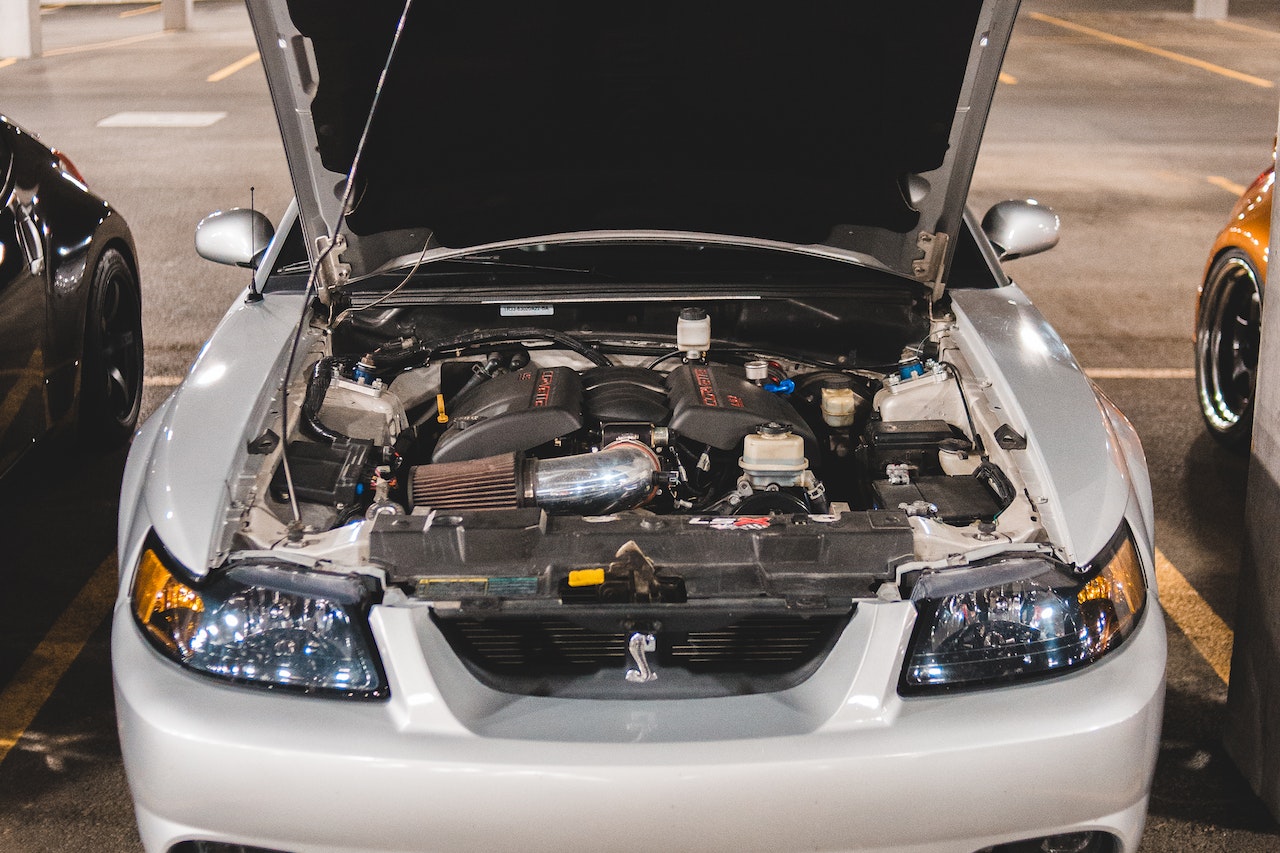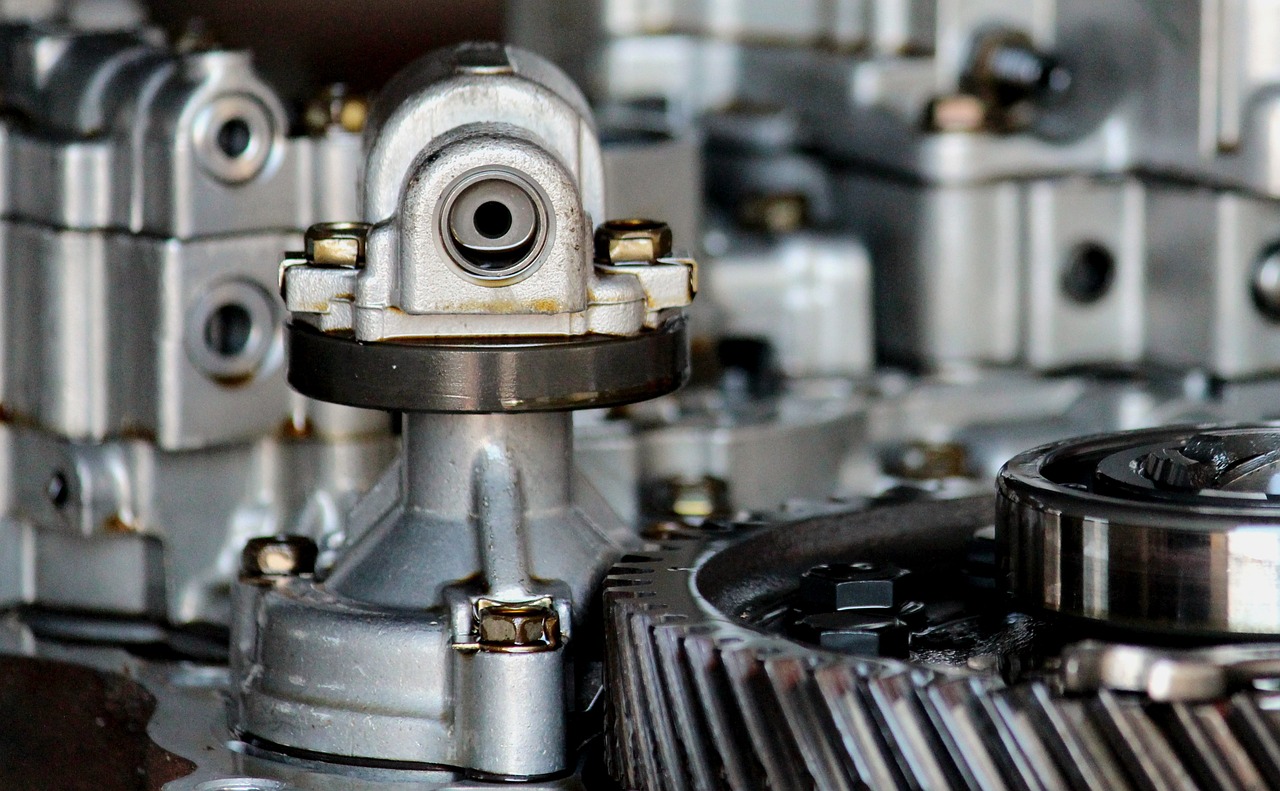Transmission slippage is one of the issues that can open up a world of problems for your vehicle. It sneakily affects the way your car operates, and not dealing with it promptly can lead to further damage. In a city like Houston, where traffic flows constantly, ensuring your transmission functions smoothly becomes even more essential. You need reliable performance to get through your daily commutes and errands without hiccups.
Imagine driving on a freeway when, all of a sudden, your car begins to lose power. It’s slipping between gears, making it hard to maintain speed. This unsettling experience illustrates why tackling transmission slippage is crucial. Understanding the problem, its causes, and finding effective solutions can save both time and money down the road. Let’s take a closer look at what transmission slippage is and what might be causing it.
What Is Transmission Slippage?
Transmission slippage happens when the gear your vehicle is supposed to be in suddenly changes without any input from you. Instead of engaging with the wheels properly, the transmission struggles to maintain its hold, acting as if it’s in neutral. This not only affects your car’s drivability but can also lead to more significant wear and tear.
The performance of your vehicle heavily relies on the transmission. If the transmission slips, it can lead to poor acceleration, unpredictable gear shifts, and an overall rough driving experience. Drivers often notice signs such as a high engine revving without an increase in speed, unexpected gear shifts, or a delay when the car is trying to accelerate. Keeping an eye out for these symptoms can be vital in addressing the issue early.
Being aware of the signs helps ensure that you can act quickly. Catching the problem early can prevent additional damage to your vehicle, saving you from costly repairs down the line. So, if your car feels sluggish or refuses to move as expected, it might be a warning sign that your transmission is slipping.
Common Causes of Transmission Slippage
Transmission slippage can arise from various issues under the hood. Knowing the common causes is a good first step toward figuring out what might be going wrong with your vehicle. Here are some typical culprits behind transmission slippage:
– Low transmission fluid levels: Transmission fluid is vital for reducing friction and preventing overheating in the system. If levels are low, it can lead to slipping because there isn’t enough lubrication to keep everything running smoothly.
– Worn or damaged transmission bands: These bands play an essential role in holding the gears together. If they become worn or damaged, the transmission can struggle to stay in the correct gear.
– Malfunctioning solenoids: Solenoids help regulate the flow of transmission fluid through the system. If they’re not working correctly, it can disrupt the system’s ability to engage the gears properly.
– Faulty torque converter: This component is crucial in ensuring power from the engine gets to the transmission. When the torque converter isn’t working well, it can cause symptoms similar to slippage.
By understanding these potential causes, you place yourself in a better position to address transmission issues promptly. Remember, a timely response can prevent further damage and maintain the reliability of your vehicle, especially when dealing with the demands of Houston driving.
How to Address Transmission Slippage
Addressing transmission slippage early on can save you from more headaches down the line. One of the key strategies is to maintain your vehicle regularly, just like you would keep up with regular doctor check-ups for yourself. Routine maintenance can catch issues before they spiral into costly repairs. It’s important to follow the recommended service intervals for your transmission, including fluid checks and changes.
When it comes to fixing transmission slippage, there are times when professional help is the way to go. If you’re experiencing any slipping or unusual noises, it’s wise to let an expert take a look. A trained technician can diagnose the problem accurately and recommend the right course of action. This might involve replacing worn-out parts, flushing old fluid, or making adjustments to the transmission system.
Replacing damaged components with used transmissions can also be a smart choice, especially in a city like Houston where driving demands can be tough on vehicles. Used transmissions provide a cost-effective alternative to new parts, all while delivering the reliability you need to get back on the road swiftly.
Preventing Future Transmission Slippage
Taking a proactive approach can help prevent transmission slipping in the first place. Here are a few tips to help you stay ahead:
1. Regular Check-Ups: Commit to checking your transmission fluid levels and look for signs of leaks regularly. Ensuring you have enough fluid is one of the simplest ways to prevent problems.
2. Mindful Driving: Avoid rapid acceleration or harsh braking as much as possible. This can reduce the stress on your transmission and prolong its lifespan.
3. Seasonal Considerations: Houston’s climate can affect your vehicle, so being prepared for extreme weather is wise. The heat can cause fluids to thin out, so keep an extra eye on fluid levels during summer months.
Following these preventative measures can contribute to a smoother driving experience and extend the life of your vehicle’s transmission.
Keeping Your Transmission in Top Shape
Looking after your transmission is a bit like tending a garden. With regular care, it continues to perform beautifully. Maintaining the tips discussed above ensures your vehicle remains reliable, no matter the conditions.
Stay proactive with your car care routine, and don’t hesitate to reach out to professionals when needed. This mindset helps keep your vehicle dependable, ensuring you can navigate Houston’s roads with confidence.
Dealing with Transmission Slippage
Starting with early detection and routine checks, managing transmission slippage doesn’t have to be daunting. Keep a close eye on your car’s behavior and trust your instincts when something feels off. Quick action can often prevent a minor issue from turning into a major repair.
When you address issues promptly, you’re taking crucial steps to maintain your vehicle’s longevity and performance. This benefits not just you but also everyone else on Houston’s roads, as it ensures safety and reliability for all.
Keeping your transmission in perfect working order is key to vehicle reliability, especially in a busy city like Houston. When maintenance falls short and you need to explore options for repairs, consider replacing worn parts with reliable alternatives. By choosing Airline Auto Parts, you can find used transmissions in Houston that offer affordability without compromising on quality. Trust our expertise to help keep your vehicle running smoothly for all of your local journeys.

